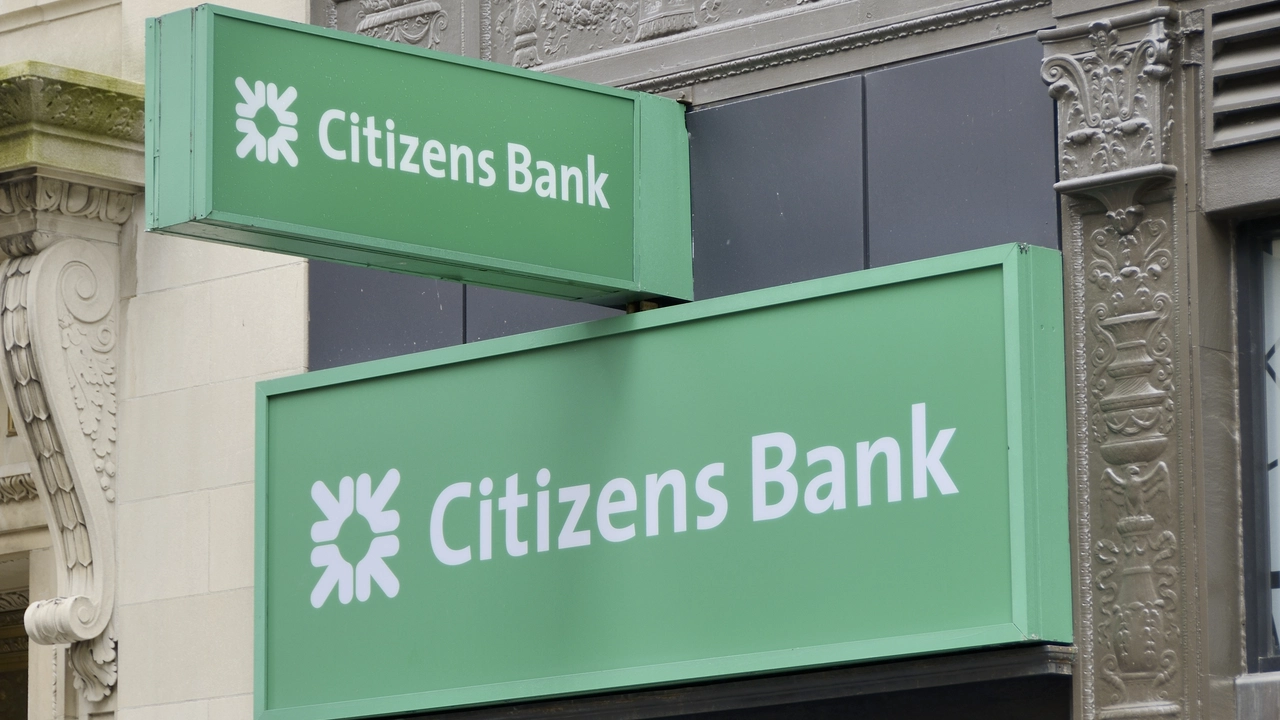Local Bank Solutions Made Easy
Thinking about where to keep your money? A local bank might be the answer. Unlike big national chains, a community‑focused bank knows the neighborhood, offers personal service, and often keeps fees lower. In this guide we’ll walk through what makes a local bank useful, the main services they provide, and how you can start using them right away.
Why Choose a Local Bank?
First off, local banks usually have a stronger connection to the area. That means they understand local economic conditions and can tailor loans or advice to fit. You’ll often meet the same friendly staff each time you walk in, which makes asking questions feel natural. Also, many community banks reinvest a portion of their profit back into local projects—think new schools, road repairs, or small business grants. So your money works for you and for the community.
Another perk is lower fees. Because they don’t have massive overhead, local banks often charge less for basic checking accounts, ATM usage, and monthly maintenance. Some even waive fees if you set up direct deposit. And when it comes to interest rates on savings or CDs, they can be competitive, sometimes beating the big banks.
Key Services You Can Get Today
Opening an account is simple. Bring a photo ID, proof of address, and a small deposit. Many banks let you start online, but you can always drop by a branch for a face‑to‑face chat. Once you’re in, here are the services most locals use:
- Checking and Savings Accounts – basic tools for everyday money management.
- Personal Loans – for buying a car, paying off debt, or handling unexpected expenses.
- Home Mortgage Options – local banks often have flexible terms for first‑time buyers.
- Business Services – small‑business checking, merchant services, and lines of credit.
- Digital Banking – mobile apps, online bill pay, and remote deposit capture.
Even if you’re used to big‑bank apps, most community banks now offer robust digital platforms. You can check balances, transfer funds, and set up alerts just like with any national brand.
For safety, local banks are FDIC insured, meaning your deposits are protected up to $250,000. They also follow the same security standards as larger banks, so you don’t have to worry about your money being less secure.
Finally, think about community impact. When you deposit with a local bank, that money often stays in the area—helping fund local entrepreneurs, schools, and infrastructure. It’s a small way to give back while you manage your own finances.
Ready to make the switch or open your first account? Visit the nearest branch, ask about fee‑free checking, and explore their mobile app. You'll get personalized service, lower costs, and the satisfaction of supporting the place you call home.

Is it better to use a local bank/credit union or a national one?
Deciding between a local bank/credit union and a national one really depends on your individual needs. Local banks tend to offer better customer service and lower fees, while national banks often provide more product options and advanced technology. If you value a personal relationship and community focus, a local bank or credit union might be the better option. However, if you're looking for extensive services and online banking capabilities, a national bank could be the right choice. It's all about finding the right balance between convenience, service, and costs.
CONTINUE READING



